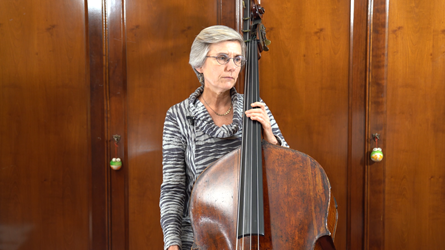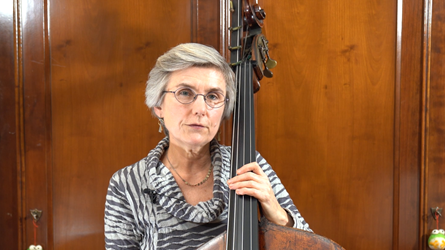Carl Philipp Emanuel Bach
Biography
The second surviving son of Johann Sebastian Bach and his first wife Maria Barbara, Carl Philipp Emanuel Bach was born in Weimar in 1714 and was the godson of the composer Georg Philipp Telemann, from whom he derived his name. During his early years, after the family had moved to Leipzig, Emanuel Bach received keyboard and organ lessons from his father. From the age of fifteen, Emanuel Bach appeared in his father’s church performances as well as those in the collegium musicium; his first compositions were likely written around this time, being estimated to date around 1730. The year 1740 saw his appointment to the Prussian court of Frederick the Great, to whom he dedicated his revolutionary Six Prussian Sonatas, and it was here that Bach produced the two-part treatise Versuch über die wahre Art das Clavier zu spielen (Essay on the True Art of Playing Keyboard Instruments), widely considered the first of its kind. He was engaged as a keyboard teacher in Berlin (as he had been earlier in Frankfurt and would continue to do in his later years), even taking on the musical education of his half-brother, Johann Christopher Bach, after their father’s death. In 1767, after an extended period of dissatisfaction with court life, Bach succeeded Telemann as music director of Hamburg’s principal churches, becoming one of the city’s most respected musicians, and remained here until his death in 1788. Unfortunately, news of his death was slow to travel; Haydn’s 1795 visit to Hamburg in hopes of meeting the late composer was in vain.
Although Emanuel Bach was a prolific composer of oratorios, symphonies and chamber music, his most significant contribution to Western Classical music history lies in his aforementioned treatise and works for keyboard, which have been described as laying the foundations for modern piano playing. Many of his compositions reject the contrapuntalism of his father’s works and instead are written in the empfindsamer stil (or ‘sentimental style’) whilst his Prussian Sonatas seem to foreshadow the Sturm und Drang (‘storm and stress’) style of the early Romantic Era. The recipient of great admiration and recognition in his time, Bach continues to be recognised for his compositional ‘delicacy of workmanship and minute attention to musical expression’.


